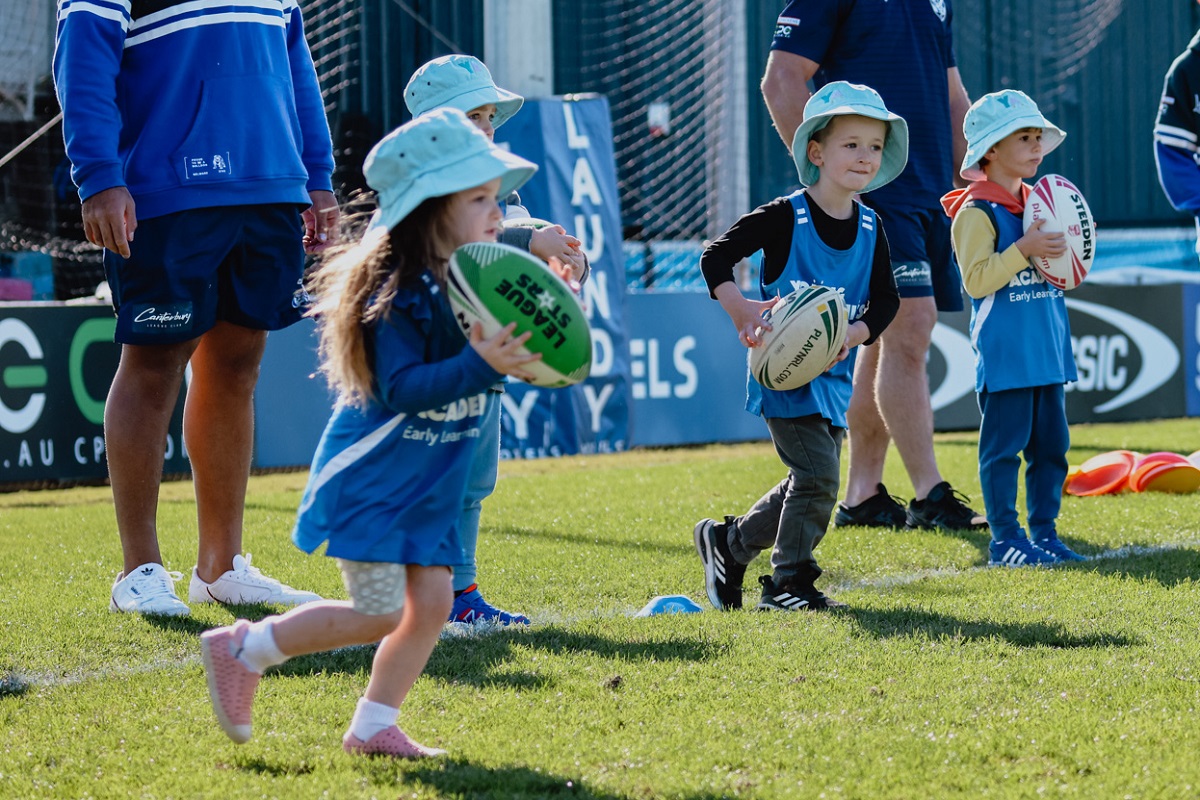National Road Safety Week serves as a timely reminder of the importance of instilling safe road habits in our youngest community members. As educators in childcare settings, we play a pivotal role in shaping responsible and cautious pedestrians. In this blog, we’ll dive into engaging and educational strategies utilised at Young Academics to teach road safety in childcare, aligning with the goals of National Road Safety Week.
Launch Road Safety Week
Begin National Road Safety Week with an engaging kick-off event in your service. Introduce the importance of road safety through themed decorations, banners, and interactive displays. Kickstart the week with enthusiasm, creating a positive environment for learning.
Themed Activities and Crafts
Infuse road safety themes into daily activities and crafts. Create traffic light crafts, design pedestrian safety posters, or organise a mini car parade with cardboard vehicles. These hands-on activities not only reinforce key lessons but also make learning enjoyable.
Interactive Storytelling Sessions
Dedicate time for special storytelling sessions focused on road safety. Choose age-appropriate books that convey essential messages about crossing streets, using crosswalks, and staying close to caregivers. Encourage discussions to ensure children understand the stories and can apply the lessons.
Safety Walks and Mock Crosswalks
Plan supervised safety walks within the facility, simulating real-world scenarios. Set up mock crosswalks using tape or chalk, and guide children through the proper procedures of stopping, looking both ways, and crossing safely. Emphasise the importance of these practices during the week.
Traffic Signal Learning Stations
Create learning stations that simulate traffic signals. Use visuals, such as large cut-outs or traffic light crafts, to teach children the meanings of red, yellow, and green lights. Incorporate games or activities that involve stopping and moving based on these signals.
Guest Speakers and Community Involvement
Invite local law enforcement officers, community safety experts, or road safety advocates to speak to the children. These guest speakers can share valuable insights, demonstrate safety practices, and answer questions, making road safety education more impactful.
Role-Playing Scenarios
Introduce role-playing activities that mimic real-life road scenarios. Encourage children to take turns being pedestrians, drivers, and traffic signals. This interactive approach helps them understand the importance of following road rules in a playful setting.
Emergency Preparedness Drills
Conduct road safety drills within the childcare setting, focusing on emergency procedures. Practice safe evacuation routes and reinforce the importance of listening to educators during these drills. This preparation ensures children are familiar with safety routines.
Parent Involvement Workshops
Collaborate with parents by organising road safety workshops during National Road Safety Week. Share information about age-appropriate car seats, pedestrian safety tips, and the importance of modelling responsible road behaviour. A unified approach between childcare providers and parents enhances the impact of road safety lessons.
National Road Safety Week provides a valuable opportunity to focus on teaching road safety in childcare settings. By incorporating these engaging activities and educational strategies, educators can make a lasting impact on young minds, fostering a sense of responsibility and confidence when it comes to navigating the road.







